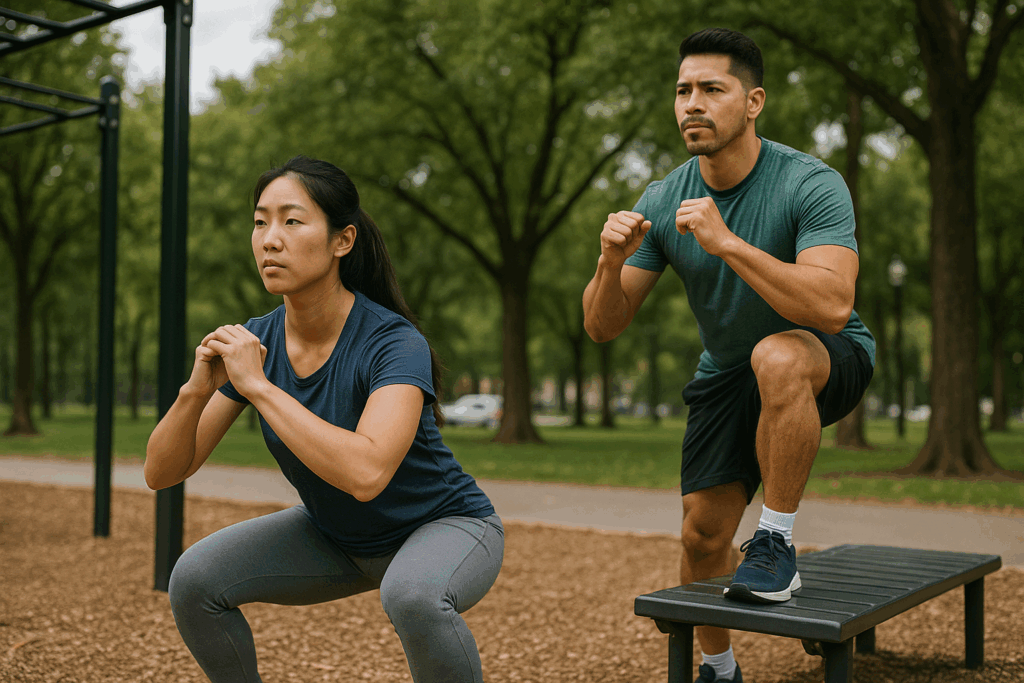Strong bones aren’t just a concern for the elderly—bone health matters at every stage of life. Peak bone mass is typically reached in your 20s, and from there, bone density can slowly decline. Without proper care, this can lead to osteoporosis and a higher risk of fractures later in life. The good news? With the right habits, you can protect and even improve your bone strength, no matter your age.
Weight-Bearing Moves That Make a Difference

Weight-bearing exercises are essential for building and maintaining strong bones. Activities like walking, hiking, dancing, and climbing stairs help stimulate bone-forming cells and improve bone density. Resistance training—like lifting weights or using resistance bands—adds an extra boost by increasing muscle strength and promoting bone growth. The key is consistency: just 30 minutes of weight-bearing activity most days of the week can yield significant benefits over time.
Don’t worry if you’re not a gym person—everyday movement counts. Yardwork, carrying groceries, or playing a sport with friends can all contribute to bone-loading activity. The more varied your movements, the better you’ll challenge different parts of your skeleton and help keep bones resilient.
Fueling Your Frame: Calcium and Beyond

Calcium is the cornerstone of bone health, but it doesn’t work alone. Vitamin D helps your body absorb calcium effectively, and magnesium, phosphorus, and vitamin K2 all play vital supporting roles. Incorporating dairy products, leafy greens, fortified plant milks, and fatty fish into your diet can help meet these nutrient needs. If dietary sources fall short, supplements may be a useful option—but always check with your doctor first.
It’s also important to spread calcium intake throughout the day. Your body absorbs calcium best in smaller amounts, so spacing it across meals rather than taking it all at once can enhance absorption. Drinking too much caffeine or soda may reduce calcium availability, so moderation matters.
Lifestyle Tweaks That Strengthen from Within

Small lifestyle changes can make a big difference in preserving bone health. Cutting back on smoking and excessive alcohol consumption helps protect bone tissue, while maintaining a healthy weight reduces stress on bones and joints. Getting regular sun exposure—safely and in moderation—supports natural vitamin D production. Even reducing caffeine and salt intake may positively impact calcium retention.
Stress management also plays a role. Chronic stress can affect hormones like cortisol that influence bone breakdown. Incorporating relaxation techniques, getting enough sleep, and staying socially connected can indirectly benefit your bones while improving overall health.
Invest in Bone Health Now

Bone strength isn’t built overnight, but the effort pays off long-term. By integrating smart movement, strategic nutrition, and bone-friendly habits into your routine, you’re not just avoiding future issues—you’re setting the stage for a stronger, more mobile life today. No matter your age, it’s never too early—or too late—to start building better bones.

